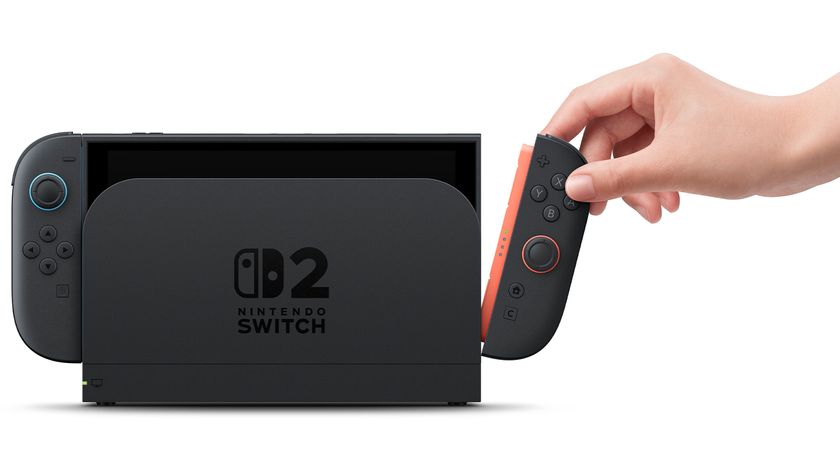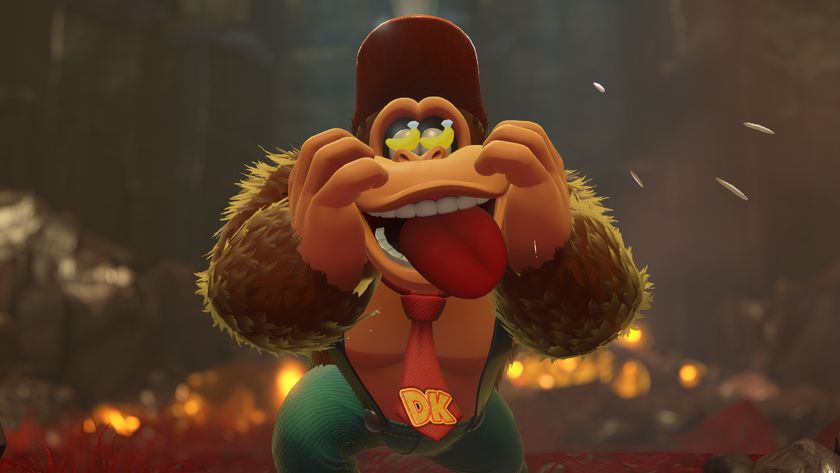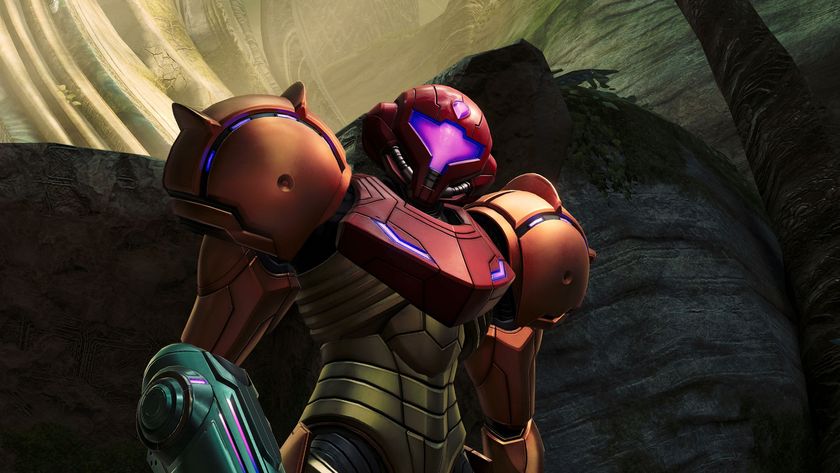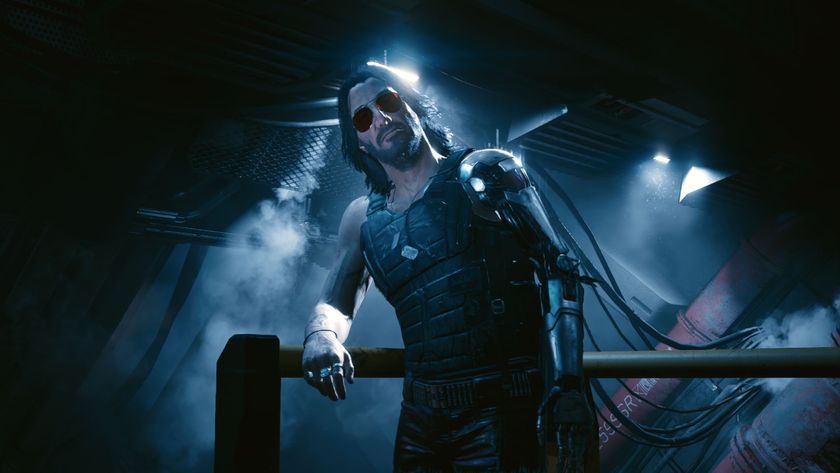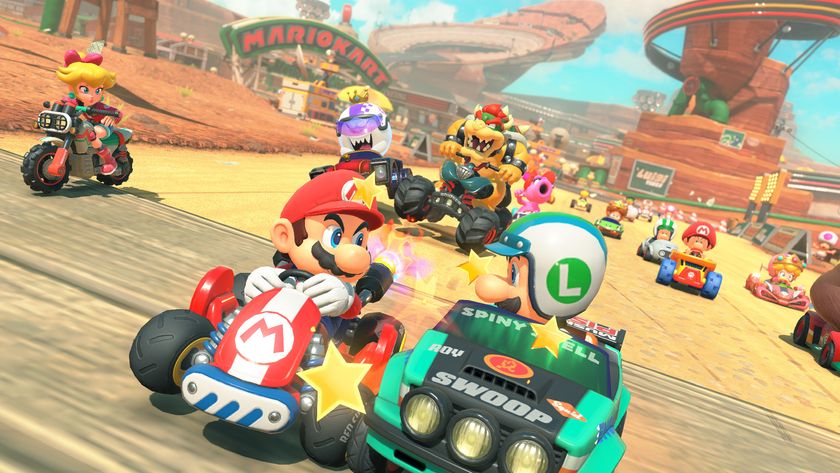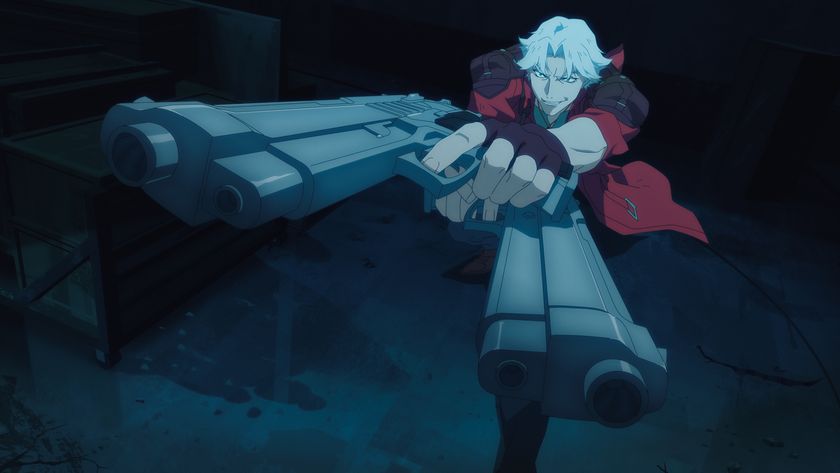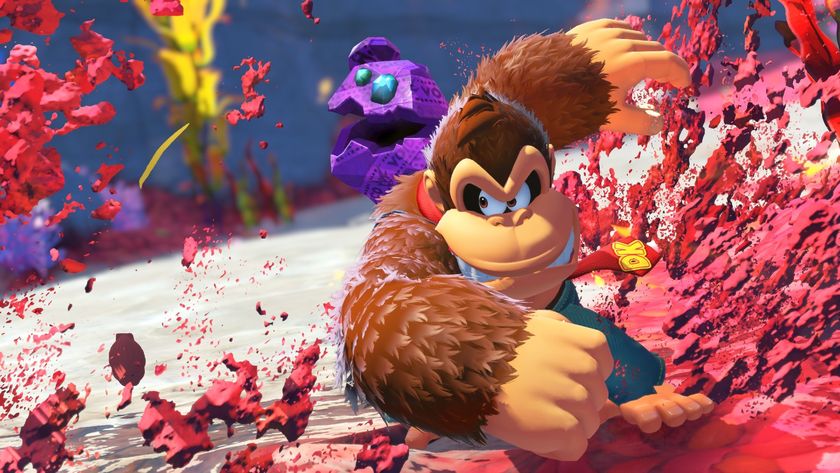Why games fail at storytelling
It's not just about bad acting and Jill sandwiches
Personality disorder
So that's one way in which our naive subscription to cinematic story-telling is letting videogames down, but it's certainly not the only one. The whole approach to character construction is often fundamentally flawed too.
Movies need their characters to be pre-scripted with a definite personality. The joy of cinema is in observing another person's actions and coming to understand who they are through them. But in games, where we are that character? The approach leads to massive failure.
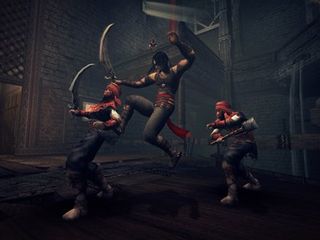
Above: It's hard to empathise with Warrior Within's Prince of Persia unless you're very angsty
You see, the simple fact that we are simultaneously ourselves and another character just doesn't work unless the developers are very careful with the implementation. You know who you are, you know your outlook and you know how you react to things. As soon as the character you're bonded with opens their mouth in a cut-scene and reacts differently to how you yourself would, the illusion of oneness is broken. Your character is your key to the magical city, and the window through which you see it. The second that anything divorces the two of you, you get booted straight out of the gates.
When a favourite movie character makes a stupid decision or one we don't agree with, the "Why didn't he do that!?" moment is frustrating, but we accept it as being the character's decision. But in a videogame, when the question is "Why couldn't I do that!?", the dislocation from the story can be devastating.

Above: Does playing badly mean that Snake is actually a rubbish secret agent?
Sign up to the 12DOVE Newsletter
Weekly digests, tales from the communities you love, and more
This disparity also reduces the believability of the characters themselves. We're told that our character is a certain type of person, but we only really see them as such if we consistently play them that way. If not, our input makes a mockery of their personality traits whenever they appear in the game's scripted narrative. We have input in the way even linear games play out, so the dictated, definitive characterisation of cinema just doesn't work.
We wouldn't accept inconsistent characterisation in a movie or novel, but the way characters are often constructed in gaming brings it about as a matter of course. Seeing your protagonist acting like an all-conquering demi-god after a boss fight makes a joke of the story when you've just spent the last twenty minutes hiding and have scraped through with a mere sliver of energy intact.

